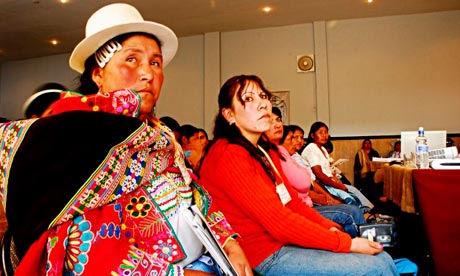LEARNING ENGLISH
This is the last post
of the semester and for this reason It's
a good occasion to do a review about how we learn English, what importance it
have in our life and how we can improve the knowledge of this language.
I started to learn
English at the school and later I entered to The Norteamerican Institute to
keep learning English and as a form to to reinforce the education of the high school. In those moments the English served the
function of be a simple academic
obstacle to pass the years. I felt the
English that I learnt was very distant
of my every day life.
But when I entered to the University , I could have contact
with a deeper application of this language. In my experience, the English became
in a useful tool because it opened a
giant current of new information. Also it transformed in a possibility to
express and disseminate and idea because
it reaches a wider audience of many different places.
In the University the first courses were boring, they used
many books. The knowledge was very
mnemonic, mechanic and based in a old
methods. But the superior levels are funnier. There are a connection with the
interests of the student and his reality. It can talk an develop about topics that I want . In
this sense, I think that I approved phonetic
and grammatic but I should focus in expand my vocabulary, This my
principal lack but I'm trying to develop across of activities as listen
music and see movies in English.
Finally, In my opinion the teaching of English should be
connected with the reality and actions of the student, helping to him/her to
develop skills and expand his/her world.
This form, the English it transformed in a useful tool and not in a obstacle.
